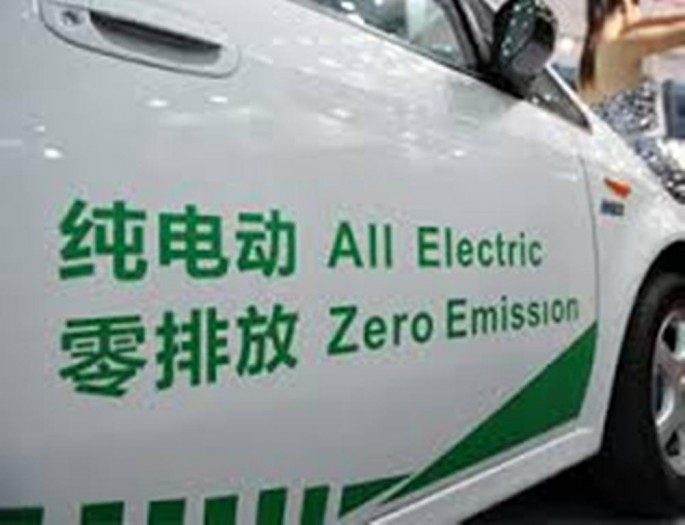Although China will end subsidies for new-energy vehicles (NEVs) after 2020, analysts pointed out on Sunday, Jan. 24, that there's still need for government support thereafer.
According to the Global Times, Finance Minister Lou Jiwei said in a post that China plans to slowly phase out subsidies for NEVs and pursue market-based regulations to support the development of the sector.
Some manufacturers of NEVs are not motivated to make technological breakthroughs because they rely too much on government subsidies. As a result, the Ministry of Finance will cut the subsidies progressively, by 20 percent from 2016 levels during the 2017/2018 period, and by 40 percent between 2019 and 2020. There will be no subsidies after 2021.
A senior analyst at the China Automobile Dealers Association, Su Hui, told the publication that the authorities also want to crack down on subsidy-related fraud in the country's NEV industry.
Media reports revealed that some Chinese NEV producers fake sales figures to get subsidies. The Economic Observer on Jan. 16 cited an unnamed industry insider that reported approximately 50,000 of NEV sales in China in the first months of 2015 were faked and the vehicles in real sense not purchased.
Four ministries including the National Development and Reform Commission, the MOF, and the Ministry of Science and Technology are carrying out a joint investigation into misuse of NEV subsidies, according to a different report by the same publication. The ministries have requested local authorities to look into the matter and submit results before Feb. 5.
Su said, "Subsidy-related fraud is not that common. And with the increasingly strict supervision, such practices will be eradicated."
However, Su expressed doubt as to whether subsidies will be phased out in the next five years. The central government might have to increase support for the NEV industry in the coming years to fulfill its ambitious sales target of 5 million NEVs by 2020.



























